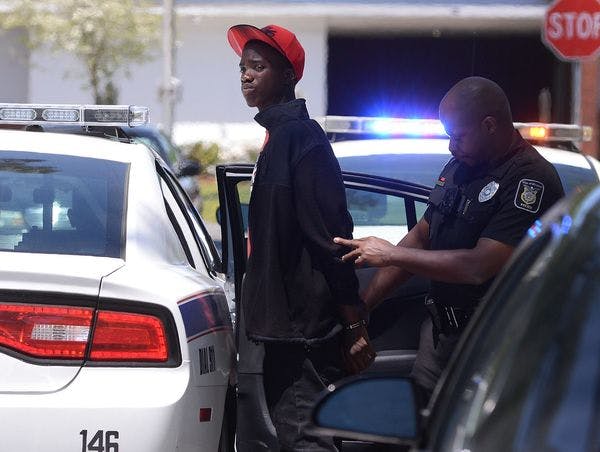CCsearch, Zach Frailey CC BY-NC-ND 2.0
A social equity model for UK cannabis law reform?
By Imani Robinson & Amal Ali, TalkingDrugs
It’s not a matter of when cannabis laws will be reformed in the UK – but how. Will our policies support those most egregiously impacted by punitive laws, or just produce more violence?
There is much evidence to suggest that the UK is in desperate need of cannabis law reforms. It’s what we want - and it’s what we deserve.
As a nation, we know that our current policies don’t stop consumption, possession or supply of cannabis, and that vast swathes of the population are needlessly harassed, policed and criminalised by our government, with devastating impacts on our communities.
The question to be carefully considered is not whether cannabis laws will be reformed, but how we will ensure that those most vulnerable to the harms of prohibition are protected by changes to policy, supported by public health services and prioritised in new licit markets.
How will we ensure that social equity and public health are the primary goals of cannabis law reform in this country?
Cannabis is currently a class B, schedule 1 drug in the UK.
It is illegal to possess, supply or produce. Possession carries a maximum sentence of 5 years’ imprisonment and a fine, with trafficking offences carrying a maximum sentence of 14 years’ imprisonment and a fine.
Drug law enforcement in England and Wales has fallen most heavily on people of colour and those living in deprivation. The use of stop and search to police drugs dominates statistics, with around 60 per cent of all searches in England and Wales carried out for this activity. 1 in 3 of allstop and searches are thought to be for cannabis, with 70 per cent of all drug searches being for possessionoffences rather than supply offences. It’s worth noting that in the vast majority of cases, people who are being stopped and searched have committed no offence – approximately 70 per cent of searches result in no drugs being found.
Black people are nine times more likely to be stopped and searched for drugs, despite being less likely to use controlled substances compared to the white population. When black people arecaught in possession of a controlled substance, they are treated more harshly than white people, less likely to receive out of court disposals (many of which result in no criminal record) and more likely to be arrested. When it comes to cannabis possession, black people are 12 times more likely to be sentenced compared to the white population.
